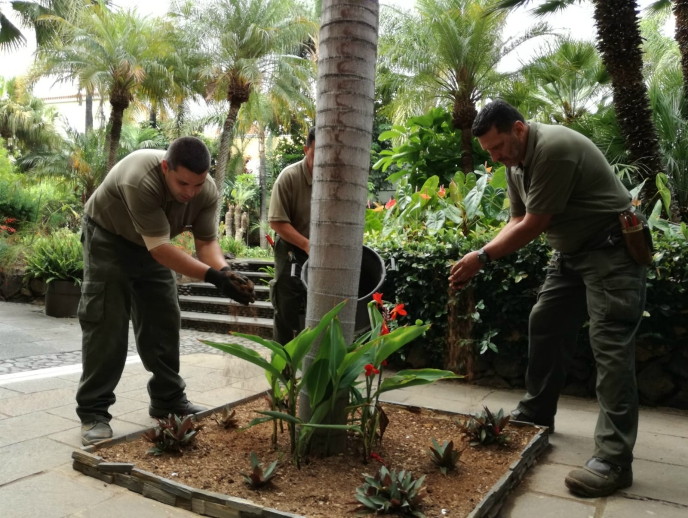Urban metabolism approach helps tourist hotspots manage their waste
Compared to other urban centres, tourist cities face additional challenges regarding waste prevention and management due to their geographical and climatic conditions, the seasonality of tourism and the waste it produces. These challenges threaten the preservation and conservation of ecosystem services, which underly the environmental survival of tourist cities and their attractiveness to visitors. The EU project UrBAN-WASTE(opens in new window) (Urban strategies for Waste Management in Tourist Cities) has developed eco-innovative and gender-sensitive waste prevention and management strategies in 11 pilot cities with high levels of tourism to reduce waste production and improve municipal waste management. “These strategies address waste management, risk prevention and land-use as an integral part of urban development,” says project manager Michelle Perello.
Reduced tourism impact
Project partners focused on cities under pressure from high numbers of tourists, using an urban metabolism approach to reduce municipal waste production and improve sustainability. Urban metabolism is a multi-disciplinary and integrated model that studies material and energy flows in cities in the form of complex systems shaped by various social, economic and environmental forces. The consortium used urban metabolism not only to quantify the impact of tourism, but also for the development of waste prevention and management strategies. “In essence, it helps us understand how cities can reduce resource consumption and minimise waste and emissions while improving or maintaining the quality of life of their citizens and tourists,” Perello explains. The initiative therefore mobilised over 500 policy makers, researchers, representatives of industry and civil society, individual citizens and tourists. Researchers collected data from all the pilot cities and compiled a database to determine the baseline conditions of each pilot city. The aim was to develop and implement a series of tailored strategies to better manage and prevent waste generation. Researchers also quantified tourist waste production and total urban waste production before implementing the UrBAN-WASTE strategies. In Tenerife for example, domestic and vegetable waste is composted to create organic fertiliser. “We estimated that the collection of biowaste from hotels and restaurants could help save 81.6 tonnes of CO2 emissions per year,” notes Perello.
Improved recycling
Outcomes included a roadmap for stakeholder engagement and mobilisation, 22 waste prevention and management strategies and policy makers guidelines for their successful replication in other EU cities. “These strategies have an overall positive social and economic impact, by demonstrating that simple, visible policies involving hands‐on action have a clear value and did not require large investments, while offering direct and indirect economic benefits,” concludes Perello. UrBAN-WASTE successfully developed a circular economy approach that also addresses important issues linked to local development such as local production and employment. It also included the development of ecosystem services, producing indicators and metrics that can be integrated in the urban metabolism framework. The project will benefit policy makers and stakeholders from both tourism and waste management value chains by helping cities improve their recycling rates, thereby saving raw materials and energy, and reducing greenhouse gas emissions.







